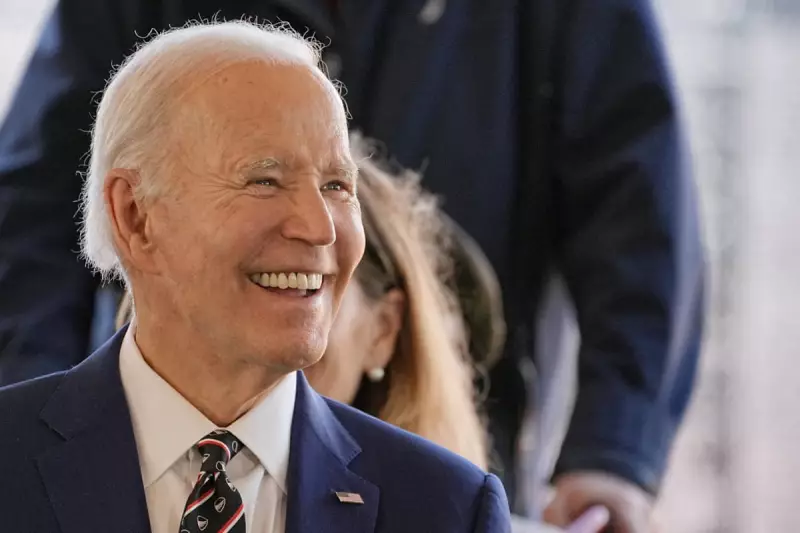
The proposed £300 million presidential library honouring Joe Biden has become mired in controversy, with critics questioning the substantial taxpayer investment and its chosen location mere miles from the Biden family residence in Wilmington, Delaware.
Newly released documents reveal the sprawling complex would encompass a museum, research centre, and public parkland. While presidential libraries traditionally serve as repositories of historical records, this project's scale and proximity to Biden's personal property have raised eyebrows across the political spectrum.
Funding Questions Dominate Debate
Unlike the purely privately-funded institutions of recent predecessors, Biden's library would rely significantly on public money. This departure from tradition has ignited fierce debate about appropriate use of taxpayer funds for what many perceive as a monument to a single individual's political career.
Supporters argue these institutions preserve vital historical documents and educate future generations. However, opponents counter that in an era of digital archives, physical libraries represent an unnecessary extravagance.
Location Selection Under Scrutiny
The choice of Wilmington, Delaware—Biden's long-time home base—rather than a more neutral or nationally accessible location, has further fuelled criticism. Detractors suggest this proximity blurs lines between public legacy and personal interest, particularly given the Biden family's deep local connections.
Presidential historian Dr Eleanor Vance notes: "While hometown libraries aren't unprecedented, the combination of public funding and such intimate proximity to private residences creates unavoidable perceptions of self-interest."
A Broader Pattern?
This controversy emerges alongside other Biden-related projects seeking public support, including potential federal funding for a rail station near his Delaware home. Critics see a pattern of leveraging public resources for personal legacy-building.
As debates continue, fundamental questions remain about how modern democracies should commemorate leaders' legacies—and who should bear the substantial costs of preserving political history for future generations.





